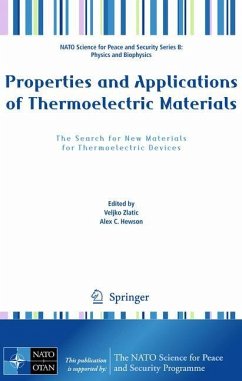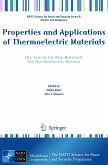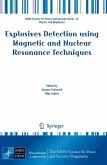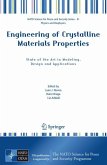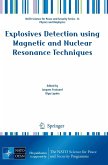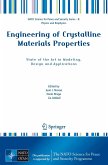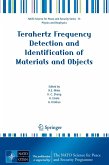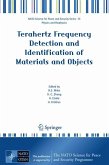As concerns with the efficient use of energy resources, and the minimization of environmental damage have come to the fore, there has been a renewed interest in the role that thermoelectric devices could play in generating electricity from waste heat, enabling cooling via refrigerators with no moving parts, and many other more specialized applications. The main problem in realizing this ambition is the rather low efficiency of such devices for general applications. This book deals with the proceedings of a workshop addressed that problems by reviewing the latest experimental and theoretical work on suitable materials for device applications and by exploring various strategies that might increase their efficiency.
The proceedings cover a broad range of approaches, from the experimental work of fabricating new compounds through to theoretical work in characterizing and understanding their properties. The effects of strong electron correlation, disorder, the proximity to metal-insulator transitions, the properties of layered composite materials, and the introduction of voids or cages into the structure to reduce the lattice thermal conductivity are all explored as ways of enhancing the efficiency of their use in thermoelectric devices.
The proceedings cover a broad range of approaches, from the experimental work of fabricating new compounds through to theoretical work in characterizing and understanding their properties. The effects of strong electron correlation, disorder, the proximity to metal-insulator transitions, the properties of layered composite materials, and the introduction of voids or cages into the structure to reduce the lattice thermal conductivity are all explored as ways of enhancing the efficiency of their use in thermoelectric devices.

